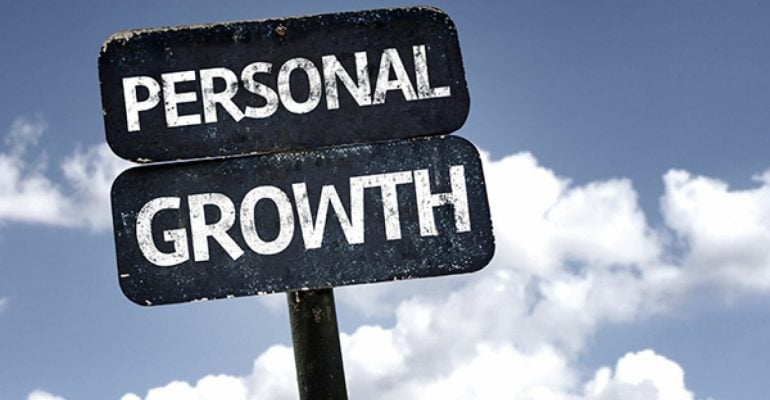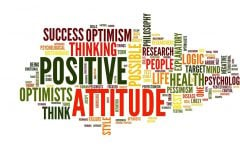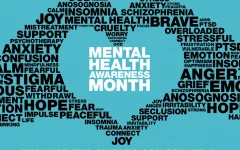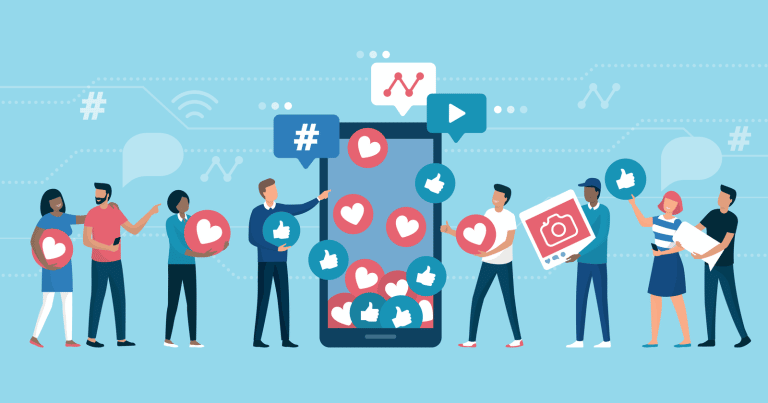Unlocking Personal Growth: The Power of Learning Emotional Intelligence
October 9, 2023 2023-10-09 13:18Unlocking Personal Growth: The Power of Learning Emotional Intelligence
In the ever-evolving landscape of personal development, one skill stands out as indispensable: Emotional Intelligence (EI). Often hailed as the key to building better relationships, making sound decisions, and achieving personal and professional success, EI has gained significant attention in recent years. In this article, we’ll delve into the world of Emotional Intelligence, exploring what it is, why it matters, and how you can learn and harness it for your personal growth journey.
Understanding Emotional Intelligence
Emotional Intelligence, often abbreviated as EI or EQ (Emotional Quotient), is the ability to recognize, understand, manage, and effectively use one’s own emotions and the emotions of others. It involves a combination of self-awareness, self-regulation, empathy, and social skills. In essence, it’s about recognizing and controlling your emotions while navigating the complexities of interpersonal relationships.
The Importance of Emotional Intelligence
Why is Emotional Intelligence so crucial for personal growth? Here are a few compelling reasons:
- Enhanced Self-Awareness: EI allows you to better understand your own emotions, strengths, and weaknesses. This self-awareness is the foundation upon which personal growth is built. When you know yourself well, you can set meaningful goals and work towards them with purpose.
- Improved Relationships: Developing EI leads to more effective communication and empathy. It enables you to connect with others on a deeper level, resolve conflicts amicably, and build stronger, more fulfilling relationships both personally and professionally.
- Better Decision-Making: When you can manage your emotions and think clearly under pressure, you’re better equipped to make sound decisions. This skill is invaluable in various aspects of life, from career choices to personal relationships.
- Reduced Stress: High emotional intelligence helps you manage stress and maintain a healthy work-life balance. You become more resilient in the face of challenges, leading to a more balanced and fulfilling life.
Learning Emotional Intelligence
The good news is that Emotional Intelligence can be learned and developed over time. Here are some strategies to get you started on your journey to learning EI:
- Self-Reflection: Begin by examining your own emotional responses and reactions. What triggers certain emotions in you? How do you typically respond to stress or conflict? Self-reflection is the first step towards self-awareness.
- Empathy Practice: Make an effort to understand the emotions and perspectives of others. Active listening and putting yourself in someone else’s shoes can go a long way in building empathy.
- Emotion Regulation: Learn techniques for managing your own emotions. Mindfulness, deep breathing, and stress-reduction exercises can help you stay calm and composed in challenging situations.
- Seek Guidance: Consider reading books on Emotional Intelligence, attending workshops, or watching educational videos. Speaking of which, we highly recommend this insightful video on EI: Learn Emotional Intelligence for Personal Growth.
Conclusion
In a world where personal and professional success hinges on relationships, communication, and adaptability, Emotional Intelligence is a skill worth cultivating. By learning EI, you not only enrich your personal growth journey but also become better equipped to navigate life’s complexities with grace and resilience. So, take that first step towards personal growth and watch the recommended video to dive deeper into the world of Emotional Intelligence. Your future self will thank you for it.























